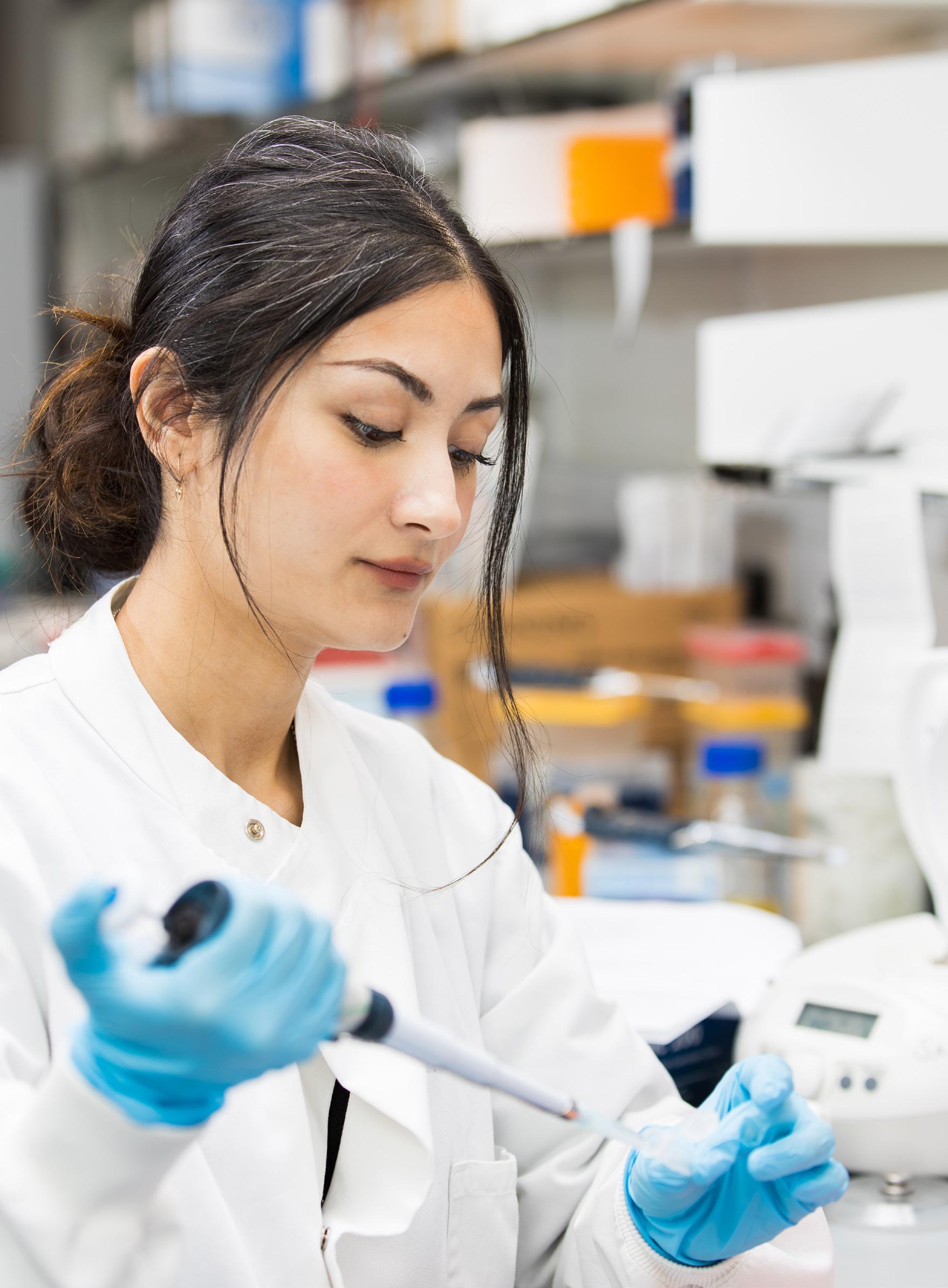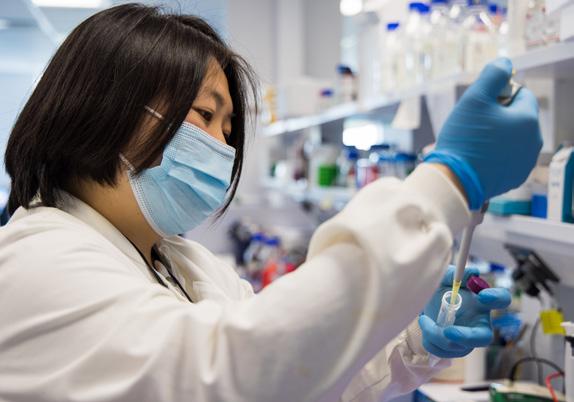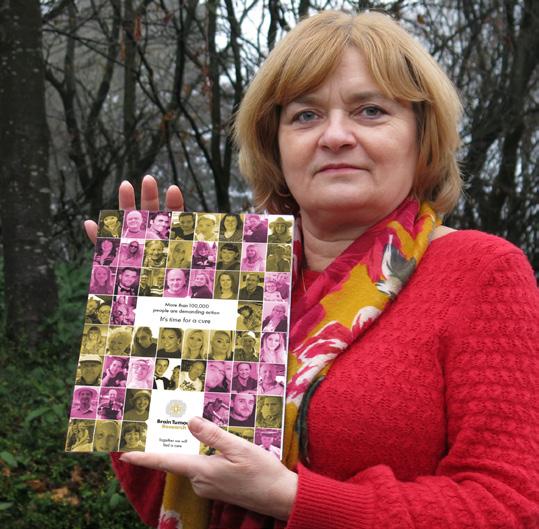
2 minute read
Foreword
RESEARCH NEEDS
INVESTMENT
It doesn’t take a rocket scientist to tell you that to find a cure for brain tumours needs significant investment.
Since records began in 2002 the national investment in breast cancer has been £782m, in leukaemia £556m yet for brain tumours just £128m!
When my sister’s little girl was diagnosed, in August 2000, with a brain stem glioma (DIPG) and we discovered with horror that there were no treatments that could save her, we knew exactly what needed to be done. What’s more the scientists that we met told us how difficult it was to get funding for brain tumour research.
We knew we needed to raise significant amounts of money to find a cure. We also knew that no one charity could do it alone and that the Government had to get involved.
Research into brain tumours has seen some great advances over the last 20 years but we still don’t fully understand the causes, what initiates them, what makes them grow and how their growth can be halted.
Researcher at Queen Mary University of London

Government funders such as the Medical Research Council (MRC) and the National Institute for Health and Care Research (NIHR) won’t take risks when they make funding decisions. Brain tumour researchers compete with researchers in all other disease areas, not just other cancers, and there is only a finite amount of funding available. Government funders expect concepts to have been proven before they will fund the next vital stages of research. That is where charities come in – we fund the discovery research. We also build the critical mass of researchers with novel but not yet proven ideas. With time to experiment they can evidence their findings and go on to convince their Institutes, as well as charities attached to their Institutes, to fund more. With such evidence they can also apply to the larger cancer charities such as Cancer Research UK and Government funders: MRC and NIHR.

We are proud that for every £1 we invest in our Centres of Excellence resulting from your fundraising, our researchers can go on to attract a further £3 from other charities, Institutes and the Government.

On top of this, the profile we are raising on social media and in the media by working with you to share your stories means other charities include brain tumours in their research objectives. This is how we will increase the national investment in brain tumour research to £35 million a year. This financial year, we have been able to spend £3 million on research, as well as increase our reserves, to be in a position to invite applications to establish another Centre dedicated to brain tumour research.

Derek Thomas MP, Chair of the APPGBT
Below: Researcher at the University of Plymouth
Please keep fundraising, sharing your stories and campaigning with us. We couldn’t do it without you.
Sue Farrington Smith MBE Chief Executive










